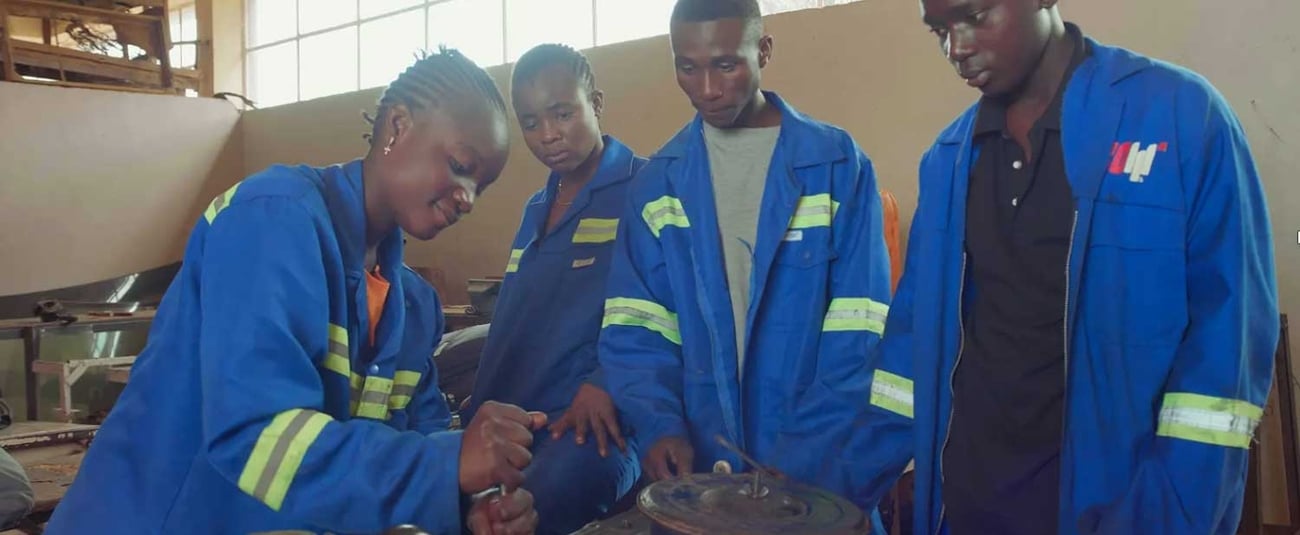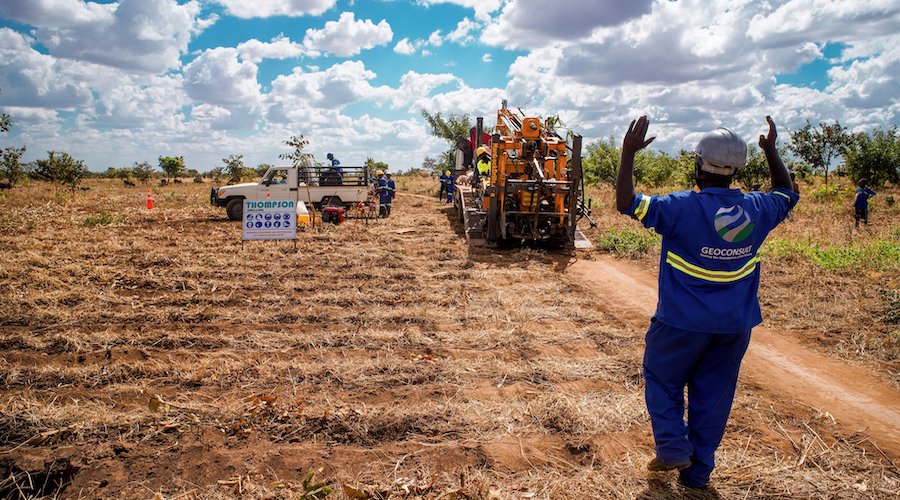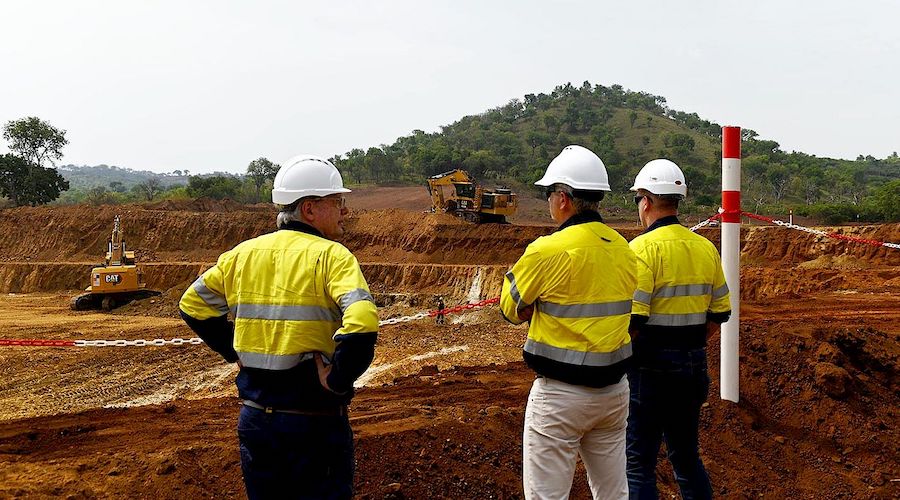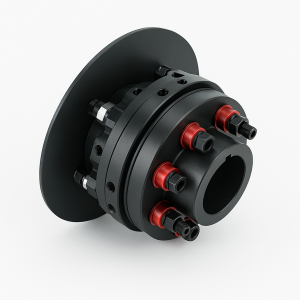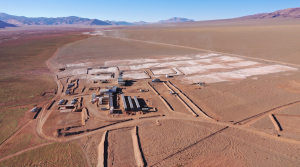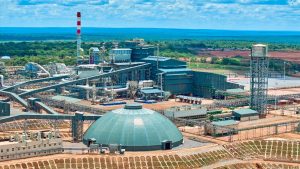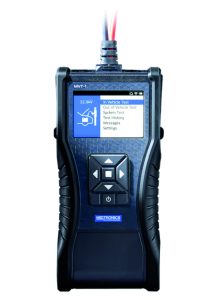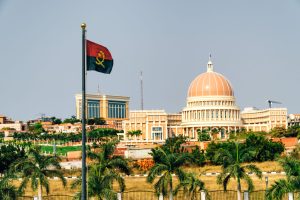Mining industry raises alarm over port and rail constraints
The Minerals Council of South Africa has called for urgent intervention to address logistical bottlenecks which put the industry at risk of incurring record losses this year.
In a statement released on Friday, the council said South Africa’s exported bulk mineral tonnages dropped to their lowest level since the Covid-19 lockdown in 2020, because rail, port and border constraints have caused exporters and the country to miss the full benefits of the current high commodity price cycle.
The constraints on exports of coal, chrome, iron ore and manganese are a continuation of the difficulties mining companies and traders experienced during 2021, when they experienced an opportunity cost of R35 billion.
“If there is no change or urgent intervention to address the logistical bottlenecks, the mining industry is likely to incur similar opportunity costs this year, if not surpassing historical losses,” said the council’s chief economist Henk Langenhoven.
“The rail and port logistics bottlenecks are having a big impact on South Africa’s mineral exports. This worrying trend, which shows no signs of slowing or reversing, underscores the urgency for high-level intervention on the rail network and our ports to stabilise them, return them to productivity and meet design capacity,” Langenhoven said.
In the four months to end-April, iron ore export volumes were 7% lower year-on-year while production declined 14%.
Thermal coal export tonnages were 8% higher, “meaning companies, traders and the fiscus have not fully realised the 150% improvement in coal prices if capacity existed to increase volumes”, the council said. Production was 3% lower.
Chrome export tonnages are flat at 0.4% below those of a year earlier and production grew by 2.2%. Producers continue using trucks to export chrome through Mozambique’s Maputo port.
Manganese exports grew by 6%. Production was down by 2%. The council said it was concerned that crime has recently started to influence tonnages transported on rail.
South Africa’s mining sector was a critical source of revenue for the fiscus in 2021 and helped to stabilise the economy as it recovered from the disruptions caused by the pandemic. Mining contributed R481 billion to GDP, up from R353 billion the year before.
While strong commodity prices are compensating for underperforming export volumes, the price cycle may reverse, or volumes may deteriorate to such a degree that it negates the price windfall, Langenhoven warned.
The council said it strongly advocates greater participation of the private sector in operating trains and port facilities to improve productivity, reliability, and stability of the export and import logistics chain.
Share this content:


